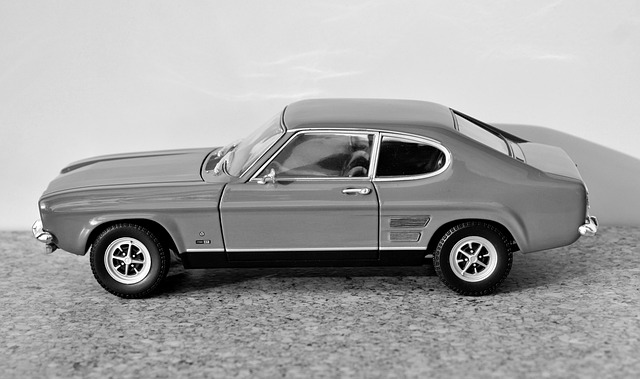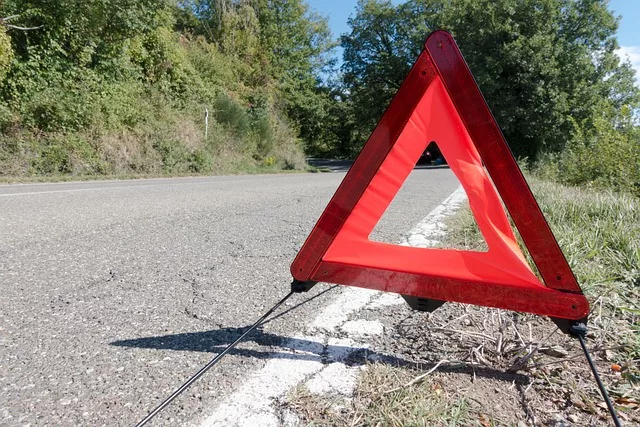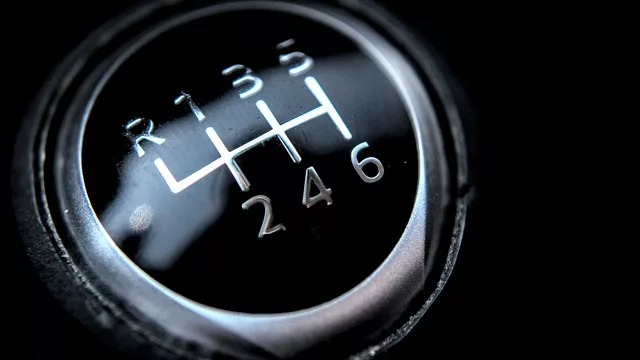Buying your first car is a thrilling milestone. The right vehicle can make your learning experience smoother and safer. You will never forget your first car. Mine was a White Ford 1.6 XL. I even remember the registration: ODV 754G. That will probably give you an idea of how old I am 😉
Here’s what you need to know to make an informed choice.
Budget is key when you’re picking out your first ride. Think about what you can afford, not just the car itself but also the running costs like insurance, fuel, and maintenance. Don’t stretch yourself too thin; there are plenty of reliable, affordable options out there.
Manual or automatic? This is a biggie. Manuals can be cheaper and provide better control, but automatics are easier to manage, especially when you’re just starting. It depends on what makes you more comfortable and confident behind the wheel.
Consider going for a car that’s known for its durability and ease of handling. You don’t need a flashy model. Something that’s steady, reliable, and gets you from A to B without a hiccup is what you’re after.
Remember, your first car is all about gaining experience. Look for something that feels right for you, both in terms of driving and budget. The best first car is one that you’re excited to drive and confident to learn in.
Key Factors to Consider When Selecting a Vehicle
Service history is like a car’s report card. It tells you how well a vehicle has been maintained over the years. Regular servicing indicates that the previous owner took good care of the car, which means fewer surprises for you down the road. If the history is patchy, think twice before buying.
Mileage matters, but it’s not the be-all and end-all. Low mileage cars might seem attractive, but it’s important to consider how those miles were racked up. A car that’s been driven mainly on motorways might be in better shape than one with fewer miles but lots of city driving.
Previous owners can give you a clue about the car’s past life. A vehicle with multiple owners in a short period might have underlying issues. On the flip side, a car that’s been with one careful owner for years could be a gem. Knowing the owner history can help you make an informed decision.
MOT (Ministry of Transport) certificates are crucial. This test checks the safety and roadworthiness of the vehicle. Ensure the car has a valid MOT certificate. This proves the car meets minimum safety standards, making it a safer bet for new drivers.
These factors combined will give you a clearer picture of a car’s health. It’s not just about how a car looks or drives during a test – digging into its history can save you from future headaches. Make it a point to check these before sealing the deal.
Safety Features for New Drivers
Safety first, especially for new drivers! When you’re learning, having a car with solid safety features is crucial. Modern cars come with a range of safety tech that can make a big difference.
Crash test ratings provide a great snapshot of a car’s safety. Organizations like Euro NCAP put cars through rigorous testing, so look for vehicles with high ratings. The better the rating, the safer the car is likely to be in an accident.
Advanced Driver Assistance Systems (ADAS) are the next big thing in car safety. Features like lane-keeping assist, adaptive cruise control, and automatic emergency braking can help prevent accidents. These systems act like a co-pilot, making your learning experience smoother and safer.
Regular safety checks and maintenance should be a priority. Routine checks on brakes, tyres, and lights can prevent bigger issues down the line. A well-maintained car is a safer car, and that’s what you need as a new driver.
Choosing a car with solid safety features not only boosts your confidence but also ensures peace of mind for you and your loved ones. Prioritize these features when selecting your first vehicle.
Should You Buy from a Garage or a Private Seller?
Buying your first car involves making one important decision: where should you buy it from? Both garages and private sellers have their pros and cons, and knowing them can help you choose the best route.
Garages can offer peace of mind. They often provide warranties and conduct thorough checks before selling a car. This means any issues should be sorted out before the vehicle reaches you. Plus, garages are more likely to handle any problems that arise post-purchase, making them a safer, though sometimes pricier, option.
On the other hand, buying privately might save you some cash. Private sellers usually offer lower prices compared to garages. However, the trade-off is a higher risk. There’s no warranty, and you have to trust that the seller is being honest about the car’s condition. Always bring along a knowledgeable friend or a mechanic to inspect the car if you choose this route.
Regardless of where you choose to buy, make sure to get all the necessary paperwork. This includes service history, MOT certificates, and proof of ownership. These documents are crucial to ensuring the legitimacy of the sale and the reliability of the vehicle.
In the end, whether you buy from a garage or a private seller depends on your comfort level with risk and your confidence in evaluating cars. Weigh the pros and cons carefully to make the best decision for your situation.
Best UK Cars for Learner Drivers
Picking the best car for a learner driver in the UK involves balancing practicality, reliability, and affordability. Here are some top choices to consider.
For those who prefer manual transmission, the Ford Fiesta is a fantastic option. Known for being easy to handle and reliable, it’s a popular choice among new drivers. The Vauxhall Corsa is also a solid manual option, offering a comfortable driving experience and good fuel efficiency.
If automatic transmission is more your speed, the Toyota Yaris offers a smooth drive and is packed with safety features. Another great automatic option is the Nissan Micra, which is known for its user-friendly interface and compact size, making city driving a breeze.
For budget-friendly cars with excellent service history, consider looking at models like the Hyundai i10 or the Skoda Fabia. Both are known for their durability and low running costs. Just ensure to review their service histories and previous owner details to avoid any future issues.
High-mileage vehicles can be a smart buy if they’ve been well-maintained. Cars like the Honda Civic and the Volkswagen Polo are known for their longevity and robust performance, even with higher mileage. Make sure to check their maintenance records to verify they’ve been properly cared for.
Remember, the best car for you is one that suits your needs, budget, and driving comfort. Don’t rush the decision; take your time to research and test drive multiple options.






